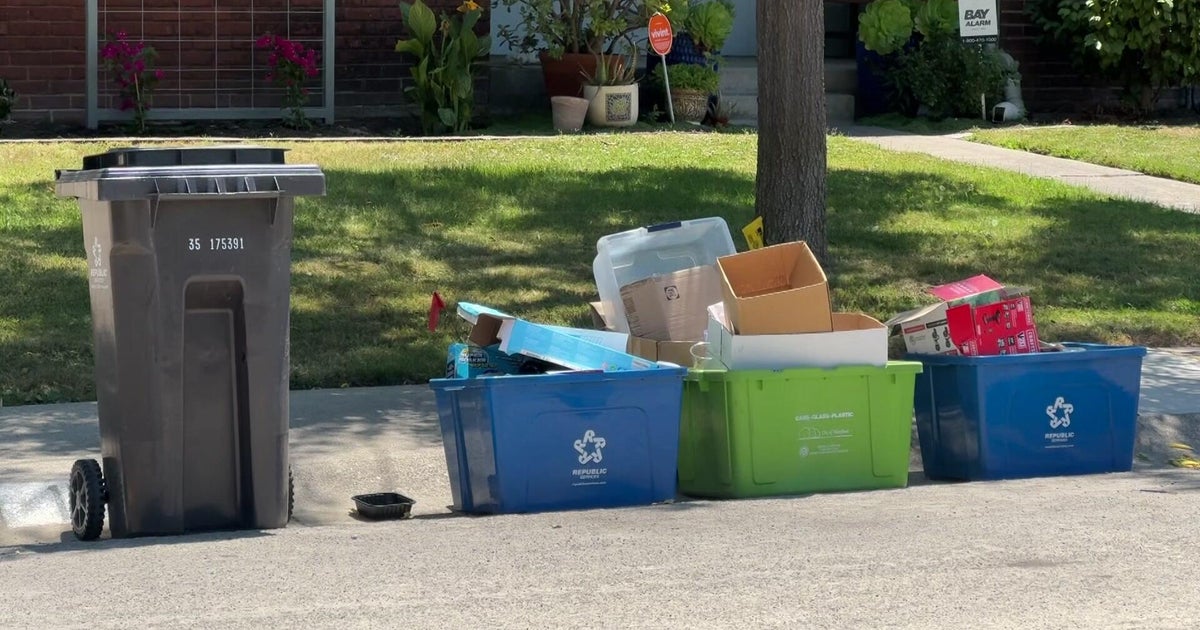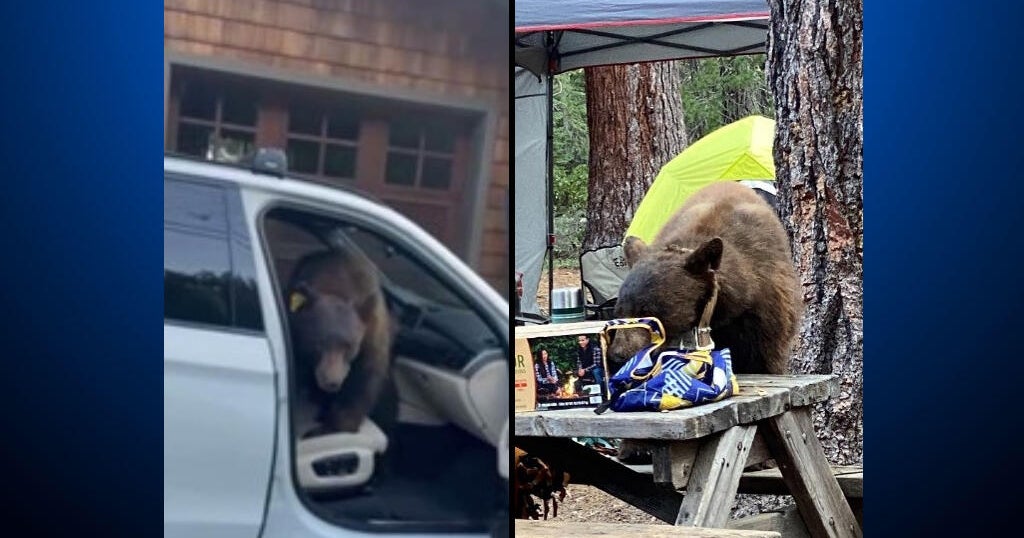California Red Light Camera Critics Say Yellow Lights Change Too Quickly
FREMONT (KPIX 5) -- Critics of California's red light cameras say drivers are getting way too many citations and are backing a bill that would change the system by extending the length of yellow lights.
It happened four years ago, but Roger Jones has not forgotten his $500 red light camera ticket. "It's just a cash machine, it's so unfair," he told KPIX 5.
Despite losing an appeal, he kept on researching, collecting data on cameras in his hometown of Fremont.
Analyzing charts from three busy red light camera intersections, Jones discovered something interesting. Two thirds or more of the violations were in the first half second of the red.
"It's a half a second, who knows who cares, minuscule. Well that makes a huge difference in the camera game," Jones said.
How big a difference? A red light camera intersection at Mission Boulevard and Mohave Street in Fremont proved his point. When the yellow light time was increased by just over half a second in 2010, he found violations dropped by 76 percent.
"The longer the yellow light, the better opportunity people have to stop," said Jones.
Critics such as Jones said short yellow lights are just a sneaky way to increase revenue to pay for the red light cameras. They are backing Assembly Bill 612, which would lengthen yellow lights statewide by a full second.
But the proposal is running into roadblocks.
"This bill would put millions of California drivers at risk for increased crashes," said Richard Retting, a consultant for Redflex. The company supplies most red light cameras in California.
"Changing the law to fit bad behavior is a mistake," Retting said.
Retting points to a study by the American Academy of Sciences. "That study shows that when yellow timing is increased, crashes go up," he said.
Jay Beeber with Safer Streets L.A. disagrees. "He is a scientist who has been bought and paid for by the red light camera companies," he said.
Beeber, who sponsored the bill, told KPIX 5 that data in the study is too limited. "Georgia increased yellow light times by a full second. They had a reduction in red light running and have had no ill effects," he said.
He also said it's all about the money, and Beeber said he has proof. When engineers in Oakland lengthened yellow lights at camera intersections in 2010, citations dropped dramatically.
In an email obtained through a public records request, a police lieutenant asks the engineers: "What needs to be done to have them changed back?" In a later email he follows up: "Any answer for this yet? This is affecting the program in a negative way."
Beeber believes that comment refers to a drop in revenue.
Four months later, the yellow lights were shortened back down. And Beeber said citations are back up. "They're putting pressure on the engineers to not do the right thing," he said.
Jones, who has formed his own grassroots coalition, hopes his research will convince the city to do away with cameras altogether.
"You don't have to sign a multi-year contract worth millions of dollars. You go out to the box and you dial up half a second of the yellow light. If it's about intersection safety, what's the problem here?" he said.
KPIX 5 asked Oakland police about that email, but they never got back to us. If the bill passes, all California cities would be mandated to lengthen their yellow lights, which are almost always set to the state minimum.
The State Senate Transportation Committee is set to vote on AB 612 on Tuesday.
(Copyright 2013 by CBS San Francisco. All Rights Reserved. This material may not be published, broadcast, rewritten, or redistributed.)



